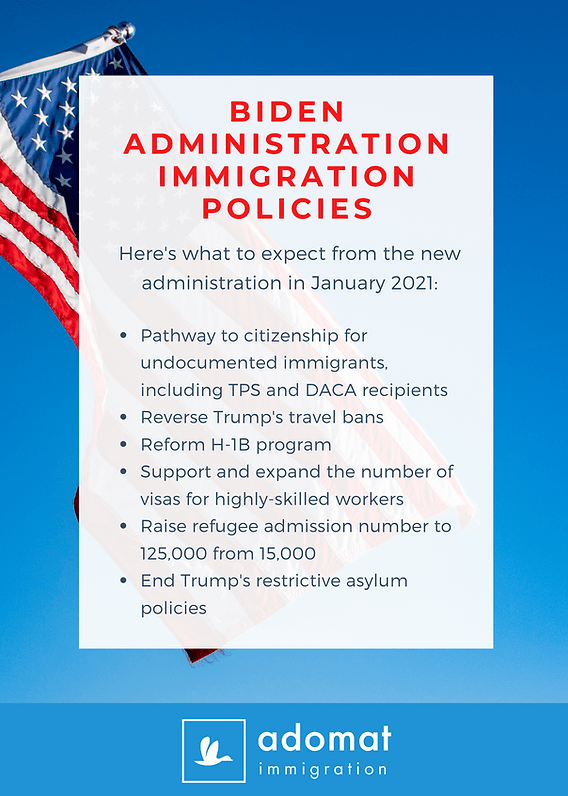The Trump administration has invoked the state secrets privilege to block the disclosure of deportation flight information sought by a federal judge. This move has sparked a heated debate about transparency, oversight, and the balance of power in the US government.
At the center of the controversy is the Alien Enemies Act (AEA) of 1798, which President Trump invoked to deport alleged members of Venezuela’s Tren de Aragua gang. The AEA allows the president to detain or deport nationals of a hostile nation during times of conflict. However, the ACLU argues that the president’s use of the AEA is unlawful, as it was not authorized by Congress.
US District Judge James Boasberg has ordered the Trump administration to provide detailed information about the deportation flights, including flight schedules, passenger manifests, and communication records. However, the administration has refused to comply, citing the state secrets privilege.
The state secrets privilege is a legal doctrine that allows the government to withhold information that could compromise national security. However, critics argue that the Trump administration is using this privilege to evade scrutiny and shield its controversial immigration policies from public oversight.
The ACLU has challenged the administration’s use of the state secrets privilege, arguing that it is not applicable in this case. The organization claims that the information sought by Judge Boasberg does not pose a risk to national security and that the administration’s refusal to disclose it is unjustified.
The dispute has raised concerns about the Trump administration’s commitment to transparency and accountability. The use of the state secrets privilege to block the disclosure of deportation flight information has sparked fears that the administration is trying to conceal its actions from public scrutiny.
As the legal battle continues, Judge Boasberg has expressed frustration with the administration’s lack of cooperation. The judge has stated that he will “get to the bottom” of whether the administration violated his order and what consequences will follow.
The case has significant implications for the balance of power in the US government and the Trump administration’s immigration policies. It remains to be seen how the court will rule on the administration’s use of the state secrets privilege and what consequences will follow.



